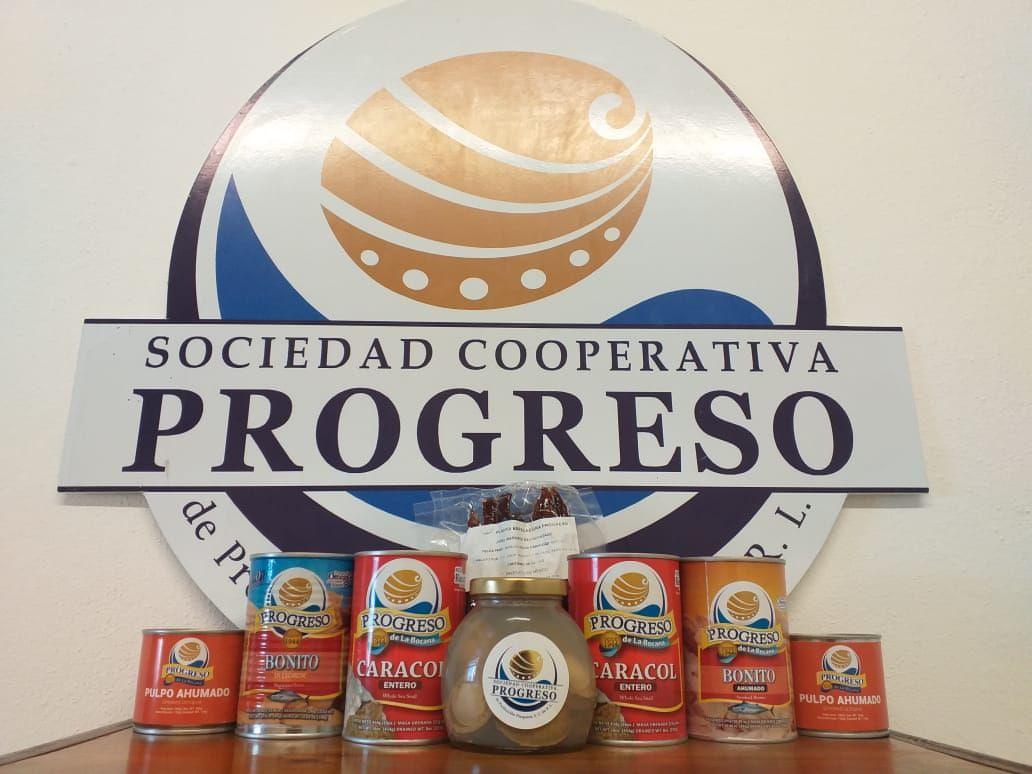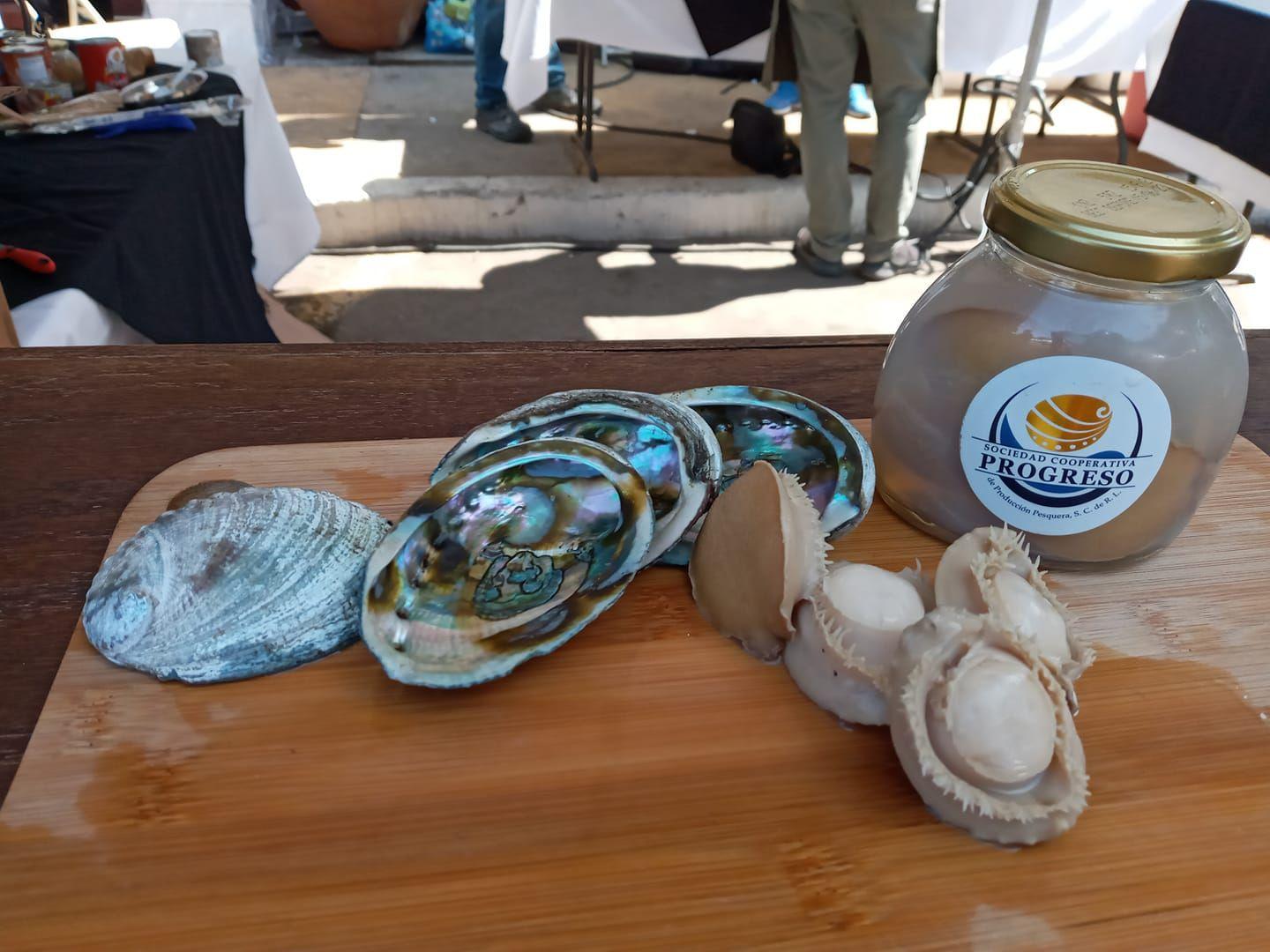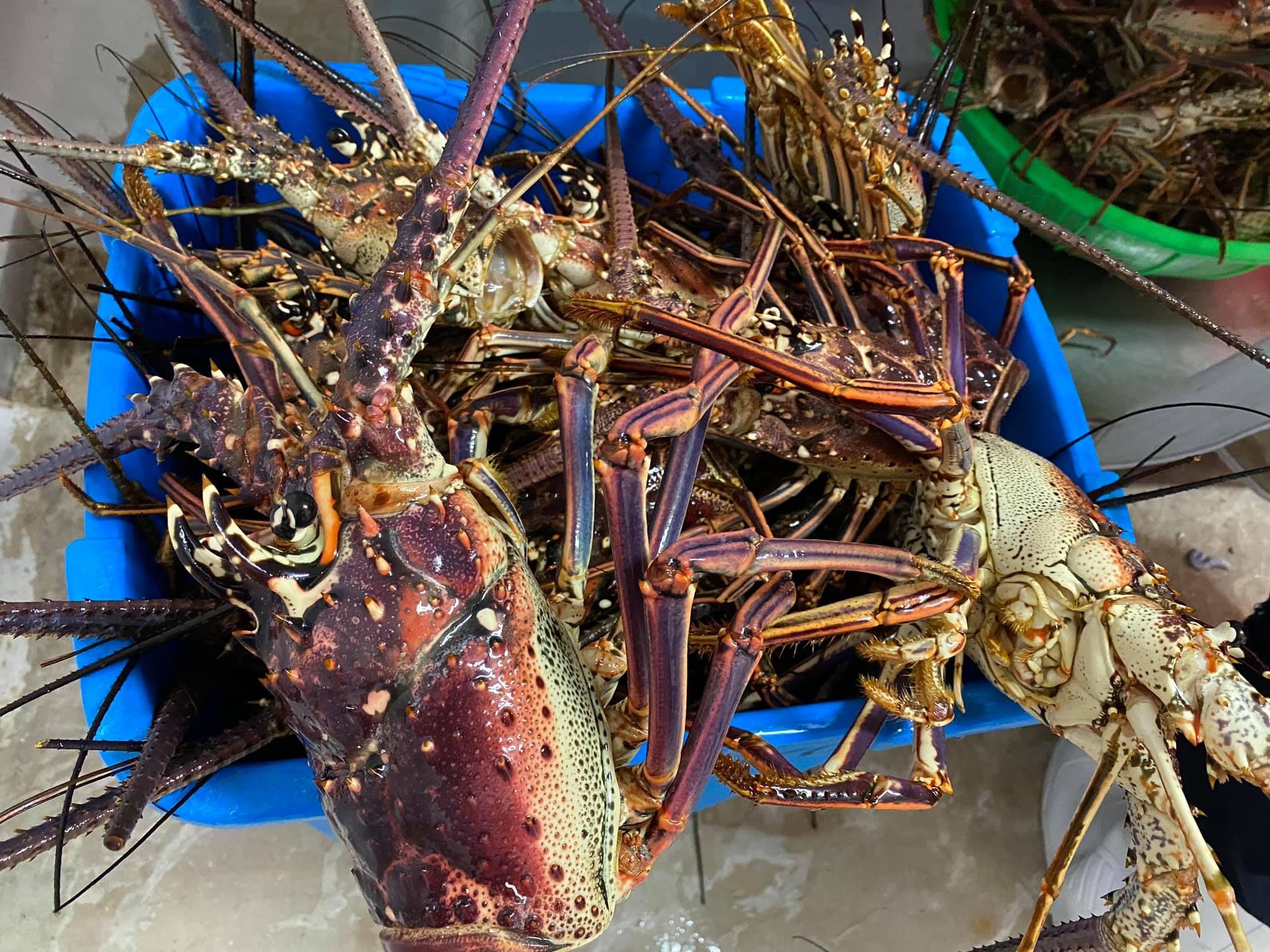For 80 years, the fishermen of the Progreso cooperative society have been capturing and selling fish from the community of La Bocana, in Baja California Sur. They are one of more than 600 fishing cooperatives in this Mexican North Pacific state.
Although their main work is the capture of scale, abalone, snails, lobster and octopus, they have positioned themselves in aquaculture with the cultivation of Japanese oyster and blue abalone, the latter known as a species of high commercial value for fishermen.
Earlier this month, the Progreso cooperative completed the process for its namesake brand to be a supplier of Chedraui in Baja California Sur. The distribution will be fresh and canned fish and seafood.
“We're going to start in Baja California Sur to see demand, how it (the brand) moves and try to grow. Let's hope that the market will accept it and we will respond positively to Chedraui's expectations,” says Jesús Salvador Verdugo, current president of the Progreso cooperative, in La Bocana.
For an artisanal fishing cooperative to position their work through a brand in a supermarket is rare among coastal fishermen, who often face difficulties meeting demand compared to the industrial sector and do not find fair prices for their work in these markets.

In the case of fishing communities in the Baja California Peninsula, Verdugo explains that it is difficult to invest in an activity that is governed under seasons, such as fishing, to respond to a market that demands products all year round.
“We have to take advantage of the fishing season to process and industrialize. Sometimes you have to keep your products frozen or canned and, if you don't have working capital, it's difficult to keep a lot of inventories, pay producers, buy all the inputs... There is a limitation on financing and working capital (in fishing), especially when you are opening up the market,” said the president of the Progreso cooperative.
However, in the case of fishermen from La Bocana, Verdugo specifies that they feel stable. The cooperative has a warehouse and a physical store in Ensenada, Baja California, as well as distributors who ship the product to Chihuahua, Mexico City, Quintana Roo, Jalisco and Yucatán.
In the international market, they export directly to China and the United States. They have also received training to improve the sustainability of their production, the latter having allowed them to reach other markets in recent years.
What's next for the Progreso cooperative is for traceability, monitoring of their fish product throughout the supply chain, to be maintained at their points of sale, so they have begun to implement technologies.
“We are working on a traceability program so that, through a QR code, the customer can know where they bought the product, where it was packaged, what vessel took it out... and thus know that there is a story behind every plate or kilo of product that is consumed,” explained the president.
For the fishing sector, traceability represents a measure to combat poaching, identify health risks and help consumers make more informed decisions. “For us, it comes about because we are in a process of growth and it's part of the order we want to bring to our products,” Verdugo concluded.






Comentarios (0)